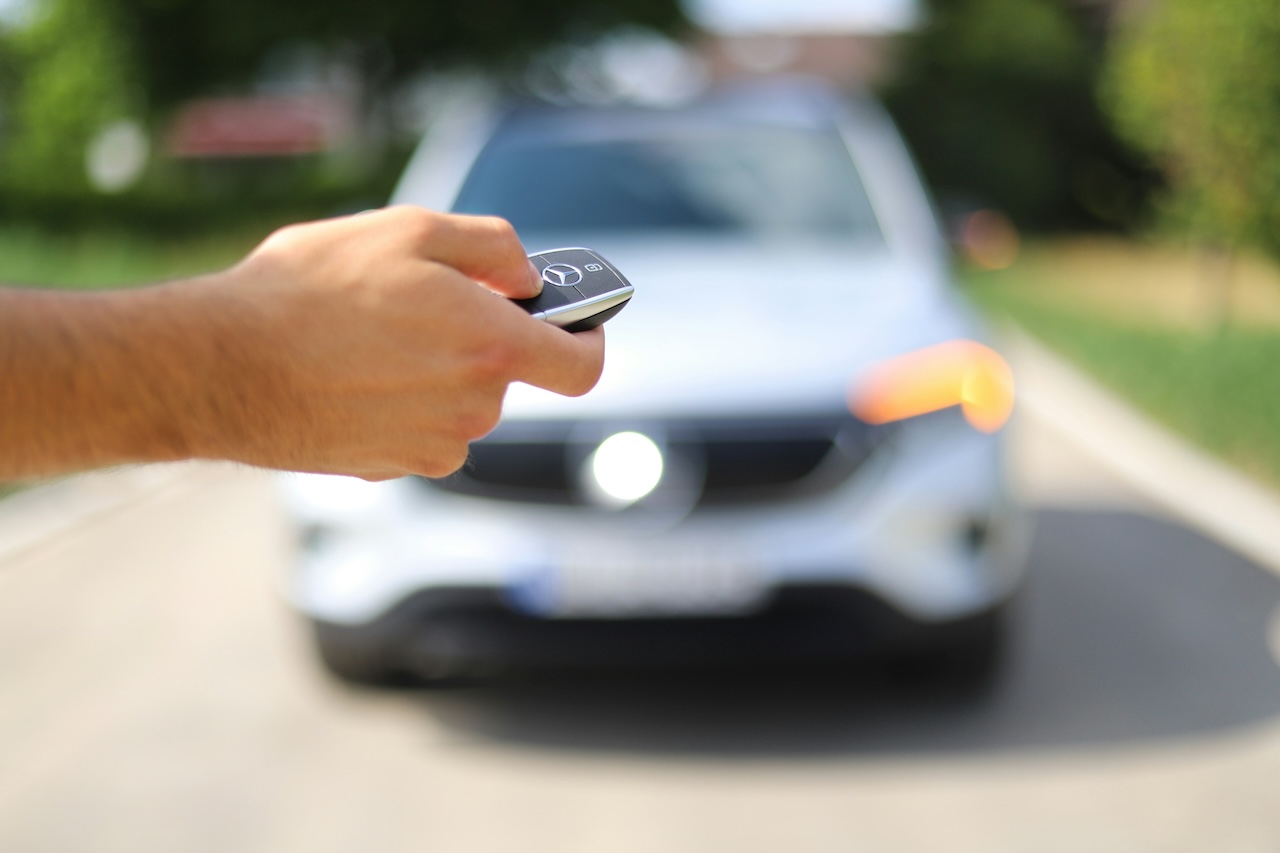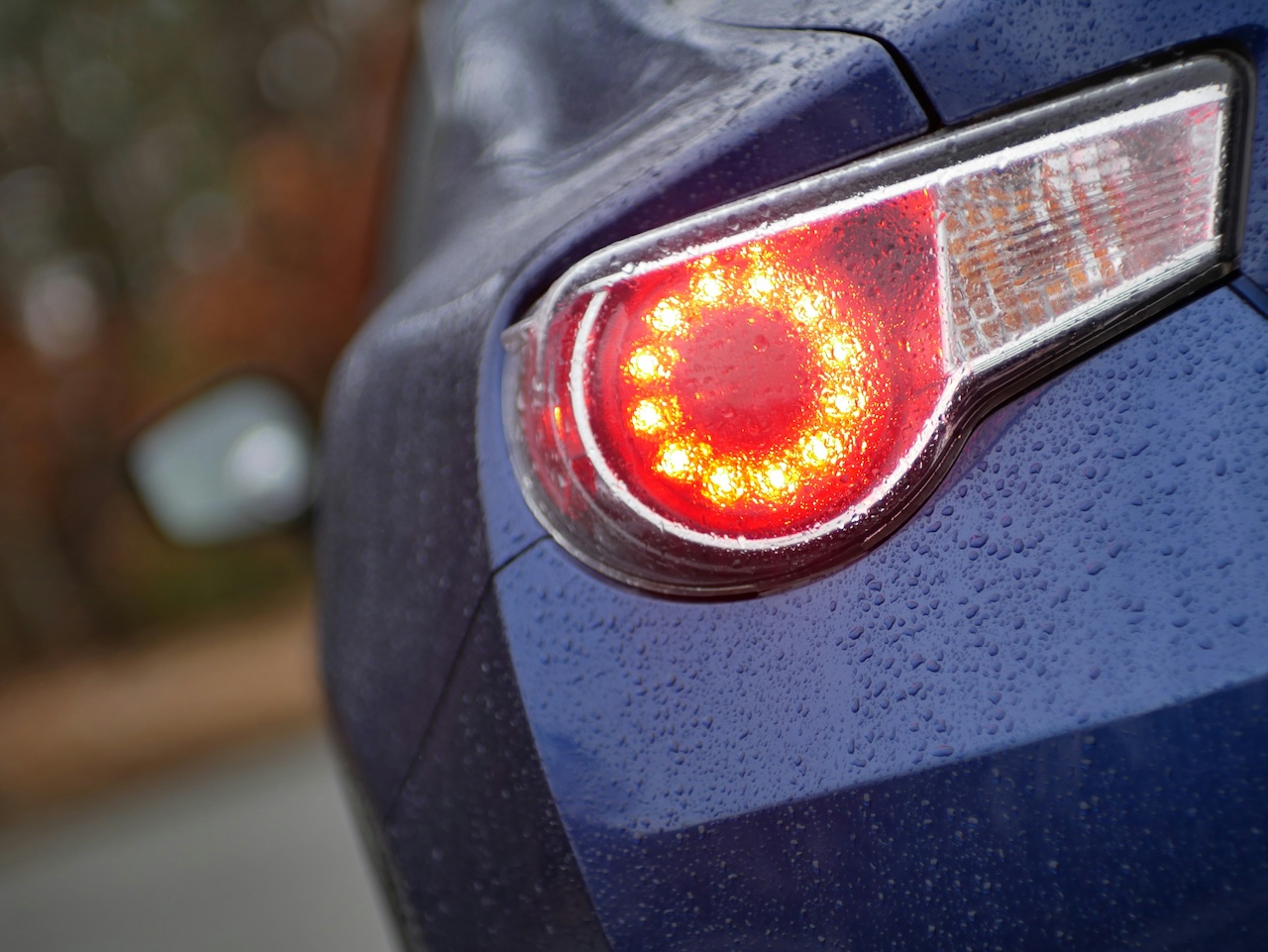Key Takeaways
- Parents are generally not liable for their adult child’s car accident unless they were negligent in allowing them to drive.
- In Virginia, liability may arise under “negligent entrustment” if a parent knowingly let their 18-year-old drive in unsafe conditions.
- Legal guidance can help families navigate complex liability issues and protect both their financial and legal interests after a crash.
When an adult child causes a crash, the law balances two important goals: ensuring crash victims get fair compensation for their losses and making sure only those responsible are held liable. Generally, once a child turns 18, they are expected to take full responsibility for their driving. However, in some rare cases, a parent’s actions may contribute to the accident, making it fair to hold them liable alongside their adult child.
When Are Parents Liable (and Not Liable) for Their 18-Year-Old’s Car Accident?
When adult children cause auto accidents, their parents may be held liable if they contributed to the crash in some way. Two common legal ideas behind this are called “negligent entrustment” and the “family purpose doctrine.”
What is Negligent Entrustment?
Under this doctrine, a parent is liable if they entrusted the adult child with a vehicle when they knew or should have known that the child shouldn’t drive.
For example, if a parent knowingly gives their keys to a visibly intoxicated child, they may be liable for any resulting mishaps. While intoxication is the most common ground for this type of liability, it can also apply if the parent knows or should have known that their adult child shouldn’t drive due to:
- Fatigue
- Prescription medication use
- Medical conditions
- Mechanical issues with the vehicle
It’s important to understand that negligent entrustment isn’t just blaming parents because they’re related to the driver. Instead, it’s about the parent being careless in letting the child drive.
What is the Family Purpose Doctrine?
This doctrine makes parents responsible when an adult child is driving on the parent’s behalf, like running an errand for them. However, this rule doesn’t apply in Virginia. In states where it does, parents can be held liable even if they didn’t do anything wrong themselves, simply because the child was acting as their agent.
In short? In Virginia, parents can generally only be held liable for their 18 year old’s car accident if they were negligent themselves.
What Does It Mean for a Parent to Be Held Liable?
If a parent contributed to causing an accident their adult child was involved in, Virginia law can hold both the parent and the adult child responsible. This means liability is shared rather than one party being solely responsible.
Under “joint and several liability,” the injured person can seek compensation from either the parent, the adult child, or both. For example, if a court finds the parent 30% responsible for negligent entrustment and the adult child 70% responsible for causing the crash, the injured party could pursue the full amount from the parent.
Because parents often have more financial resources or better insurance coverage, they may be the primary target for claims.
Tips for Parents of 18-Year-Old Drivers
As we’ve covered, parents can only be held liable for adult children’s car accidents under limited circumstances. Since parental liability arises from the child’s negligent acts, the key is to be reasonably cautious when entrusting a vehicle to an adult child, just as you would with other adults.
To protect yourself, it’s best to make sure you are aware of your child’s driving record and habits and that you have enough insurance to cover both yourself and your child. If your child is the person who primarily uses the vehicle, you may even want to consider transferring the title of the vehicle to them when they turn 18.
One final point to keep in mind is that negligent entrustment applies to anyone you loan your vehicle to. Thus, the question “Am I liable if someone else crashes my car?” has the same answer regardless of whether the driver was your adult child, a friend, or a neighbor.
When Should You Contact a Virginia Car Accident Lawyer?
If your child has been injured in an accident that wasn’t their fault, consider reaching out to a Virginia car accident lawyer at Huffman & Huffman, Brothers-In-Law. In this case, your child is likely entitled to seek financial compensation from the at-fault driver for their injury-related losses.
However, not all cases are cut-and-dried. A lawyer from our firm can help you sort out complex liability issues, such as:
- Negligent entrustment
- Contributory negligence, where the other driver blames your child
- Denial of liability by the other driver’s insurer
Under Virginia law, your child is barred from recovering compensation if they played any role, no matter how minor, in causing their crash. Our attorneys can assist with determining liability in a car accident and gathering the evidence to prove it.
Why Choose Huffman & Huffman?
Car accident claims can raise complex legal issues like causation and joint liability. The legal professionals at Huffman & Huffman have more than 150 years of combined experience and know Virginia injury law inside and out. Contact us to discuss your child’s accident and learn how we can help you work toward a positive outcome.




